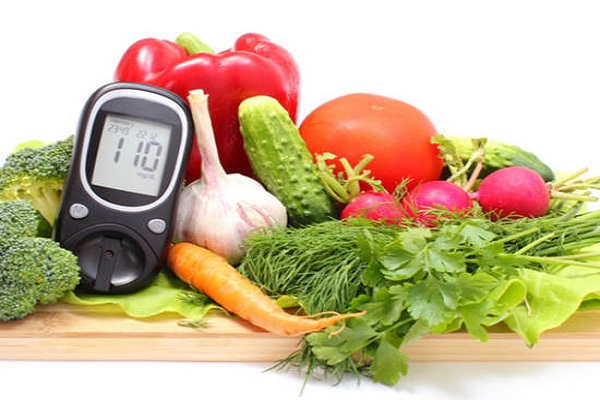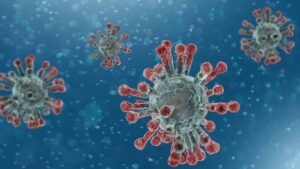Understanding Diabetes: Prevention & Control
Diabetes, known as Prameha in Ayurveda, has been referenced in ancient texts, including the Atharva Veda, dating back to 3000–1500 BC. According to Ayurveda, one of the earliest signs of diabetes is excessive urination compared to water intake.
Common Symptoms of Diabetes
Diabetes symptoms may vary from person to person, and in some cases, there may be no noticeable signs. However, common symptoms include:
- Frequent urination
- Excessive thirst and hunger
- Unexplained weight loss
- Fatigue and lack of concentration
- Tingling or numbness in hands and feet
- Blurred vision
- Frequent infections and slow-healing wounds
- Vomiting and stomach pain
Who Is at Risk?
People with sedentary lifestyles, high stress levels, poor diets, and obesity are at a higher risk of developing diabetes. Genetics also play a role—if one or both parents have diabetes, the chances of developing it increase significantly.
Ayurvedic Approach to Diabetes Management
Ayurveda follows a holistic approach to diabetes management, focusing on diet, lifestyle, and mental well-being. Key recommendations include:
- Limiting sugar and simple carbohydrate intake
- Eating smaller portions throughout the day
- Including whole grains, complex carbohydrates, and vegetables in daily meals
- Reducing fat and salt consumption
- Avoiding smoking and excessive alcohol intake
- Maintaining a healthy weight through regular physical activity
- Getting adequate sleep
- Monitoring blood sugar and weight regularly
Dietary Guidelines for Diabetes Control
In Ayurveda, diet is categorized based on caloric content, and diabetic patients must consume food mindfully. The five primary food groups include:
- Pulses (grains)
- Meat, fish, nuts, ghee, and oils
- Milk and dairy products
- Fruits
- Vegetables
While maintaining a balanced diet, diabetic patients should avoid glucose, sugar, cakes, chocolates, potatoes, tapioca, and fried foods. Instead, include:
✔ Fresh vegetables like onions, tomatoes, cucumbers, and carrots (as salads or soups)
✔ Whole fruits like oranges and lemons (avoid fruit juices)
✔ Almonds as part of your daily diet
✔ Sprouted beans (moong gram, chickpeas) for protein intake
✔ Lemon tea or black coffee without sugar
✔ Tender coconut water (without added sugar)
Avoid white flour, dry fruits (like raisins and figs), and sweetened beverages.
The Importance of Exercise
Regular physical activity is essential for managing diabetes. Ayurveda emphasizes that walking barefoot for long distances can help reduce diabetic symptoms. While this may not be practical today, daily exercise remains crucial.
Walking Guidelines for Diabetics:
- Walk at least 30–40 minutes daily
- Start with a slow pace for 5 minutes (warm-up), then walk briskly for 30 minutes
- End with 10 minutes of relaxed walking
- Maintain good posture with shoulders straight and hands free
- For evening walks, leave a 2-3 hour gap after meals
For better consistency, walking in groups is recommended to stay motivated and ensure safety.
Diabetes can be prevented and controlled with a healthy lifestyle, a balanced diet, regular exercise, and stress management. Along with prescribed medication, these practices can significantly improve quality of life. Let’s spread awareness and encourage natural ways to prevent diabetes.





Be First to Comment